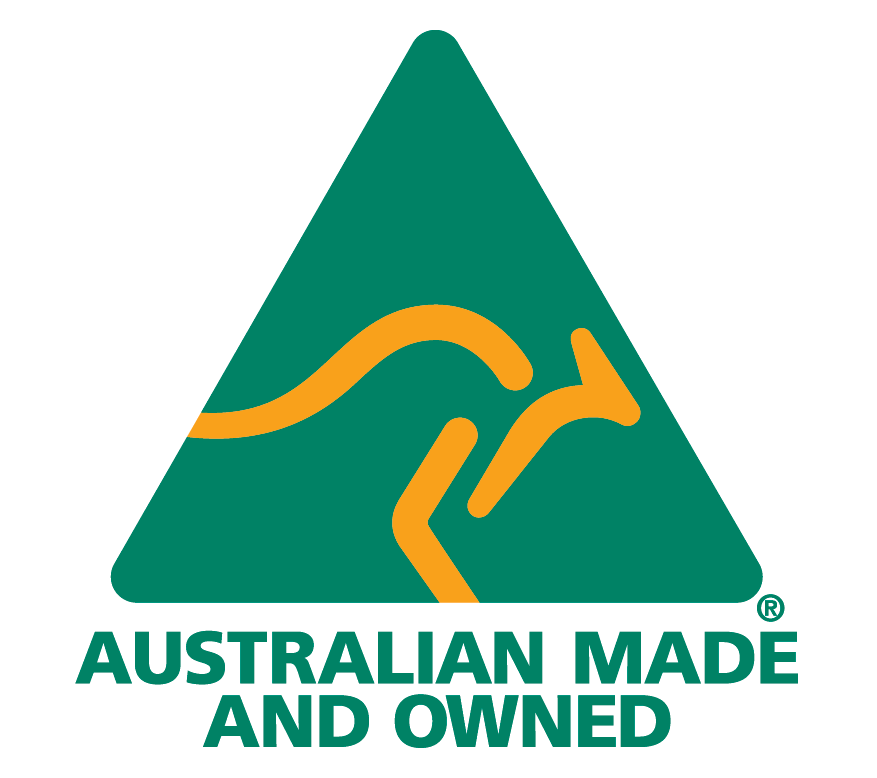Recent media coverage has ignited a debate around smart meters and time-of-use (ToU) tariffs, often portraying them as culprits behind rising energy bills and impediments to the transition to renewable energy.
However, this narrative oversimplifies a complex issue and overlooks the crucial role that consumer data, unlocked through initiatives like the Consumer Data Right (CDR), can play in empowering consumers and accelerating Australia’s shift towards a sustainable energy future and cheaper electricity.
Smart meters and ToU pricing: A dynamic duo for energy savings
At their core, smart meters and ToU tariffs offer a revolutionary approach to energy consumption and management. They provide consumers with near real-time data about their electricity usage, enabling them to make informed choices about when and how they consume energy.
ToU tariffs encourage consumers to use less fossil fuel-generated electricity during peak demand periods and more renewable sources like solar and wind during off-peak periods. This change in consumption habits can lower home energy bills and carbon footprints, turning consumers into active energy transition participants, encouraging clean energy adoption and a more sustainable future.
Yet, we hear horror story after horror story about unwitting customers being automatically shifted to ToU plans upon receiving a smart meter – often without their knowledge, consent, or proper education on how these new tariffs will affect their bills. This practice often leads to unexpected bill increases and disillusionment with the entire concept of smart meters and dynamic pricing.
The onus of providing this education should lie with energy retailers. However, because retailers benefit from the complexity and obscurity of energy charges and are only legally required to simplify their billing statements (not the tariffs themselves), they lack any real incentive to go above and beyond.
Challenges and opportunities in the current landscape
What’s critically missing is widespread consumer education about the essential role their energy habits play in the broader energy transition, along with the financial and environmental advantages offered by smart meters and ToU pricing.
The CDR is a game-changer in this context. By allowing consumers to securely access and share their energy data with accredited third-party providers, CDR opens a world of possibilities for innovation, competition, and consumer empowerment.
However, the current implementation of these technologies is not without its flaws. The CDR is not being used to its full potential and the benefits of ToU tariffs and smart meters are being undermined by a lack of transparency.
It is my belief that straightforward explanations of tariffs and transparent billing will likely never come from retailers, as it conflicts with their interests. The Australian Competition and Consumer Commission’s (ACCC’s) efforts to standardise bill formats are evidently falling short, given that nearly half of all residential customers are on plans that match or exceed the Default Market Offer, sometimes by as much as 20%.
The way forward: Transparency, education, and regulatory oversight
To realise the full potential of smart meters and ToU tariffs, we need a multifaceted approach that considers the roles of regulators, retailers, and consumers.
The role of regulators.
Regulators should ensure that energy retailers provide clear and concise information about ToU plans within the CDR framework. Additionally, the government should enforce standardised data sharing within the CDR, making it easier for independent organisations like EnergyFlex to access and interpret energy data, analyse and explain complex tariff structures, and provide consumers with personalised insights and recommendations to make informed choices.
The role of retailers.
Energy retailers must provide clear and concise information about ToU plans, including potential cost implications and strategies for reducing bills. They also need to educate consumers about the benefits of smart meters and ToU tariffs.
The role of consumers.
Consumer education is also paramount. By raising awareness about the benefits of smart meters and ToU tariffs and providing resources to help consumers understand and manage their energy usage, we can turn them into informed and active participants in the energy transition.
The renewable energy transition is a collective effort; it’s not solely the responsibility of governments or energy companies. Consumers play a vital role.
It’s time to stop demonising smart meters and ToU tariffs and start recognising their potential to drive positive change. By working together to educate consumers and promote transparency in energy pricing, we can create a future where everyone benefits from clean, affordable, and reliable energy.





